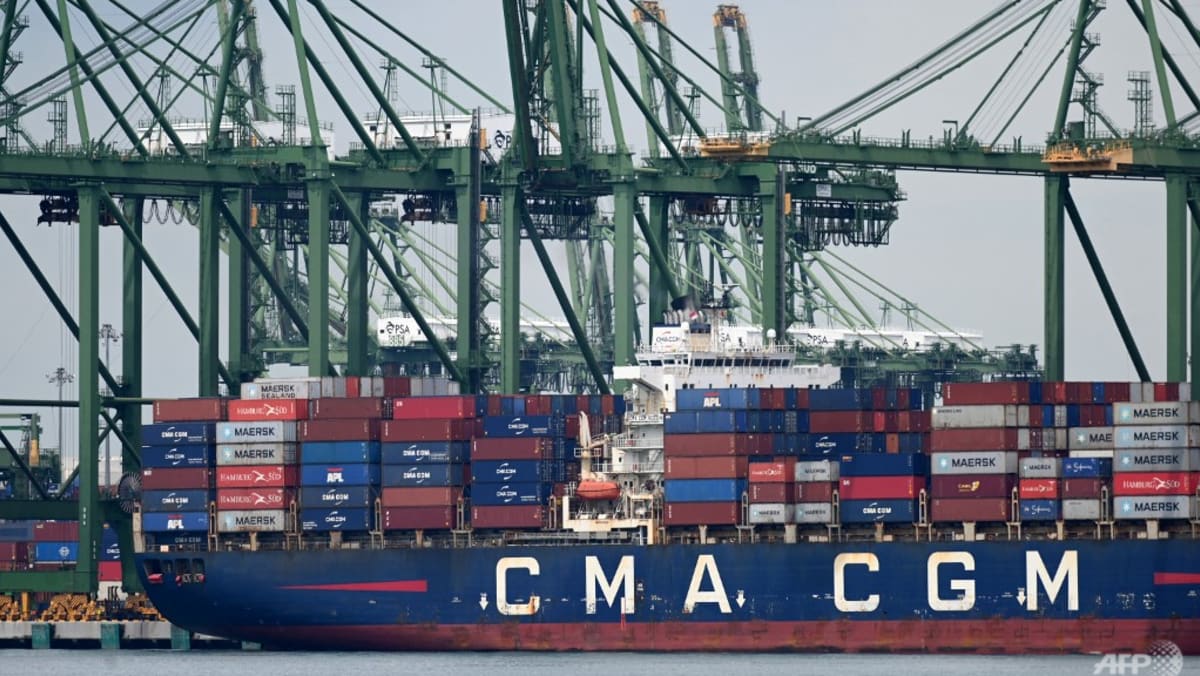Commentary: The death of globalisation has been greatly exaggerated
If, instead, you pursue resilience through self-sufficiency, you risk ending up with neither. The scandal of baby formula shortages in the US has just served up a perfect example of this.
GLOBAL ECONOMY BEING REORGANISED INTO REGIONAL BLOCS
There is fragmentation and there is fragmentation. Globalisation means two things. Conceptually, it means the economic integration of national economies – deepening cross-border flows of goods, services, capital and people – especially between countries at different levels of economic development.
But sometimes it is taken more literally to mean this process involving the whole world. Bear this in mind and you can see that it is possible to “deglobalise” (in the latter sense) without “deglobalising” (in the former sense). Yellen’s friend-shoring is an illustration of this.
There is a lot of pressure to friend-shore. Look no further than the EU’s plan to reconfigure its energy system. It aims to end energy imports from Russia, but it does so in part by intensifying other regional and global trade in energy, in particular finding new suppliers for imports of natural gas today and hydrogen in the future.
Look, too, at the efforts among democracies to agree on the rules of the road for the digital economy and the handling of sensitive data, which may lead to fewer digital transfers between democracies and non-democracies while deepening data connectivity within these blocs.
So it looks very plausible that the global economy may be reorganised along big regional blocs, defined not just by geography but by common values and governance. That would be “deglobalisation” in the literal sense.
But it would involve more globalisation in the economically meaningful sense – that of deepening cross-border economic integration. “Regionalised globalisation” would be a better term.
The question, then, would be whether further globalisation within such regional, politically delineated blocs could be as efficient and productive as a literally global integrated economy. My hunch is that for the advanced economies centred on the transatlantic West, the answer is yes – and that there is much more doubt for less advanced economies.
But that is, to be sure, an uncertain gamble. If regionalised globalisation is the way we are headed, we shall find out whether China needs the West more than the West needs China.
For all the latest business News Click Here

